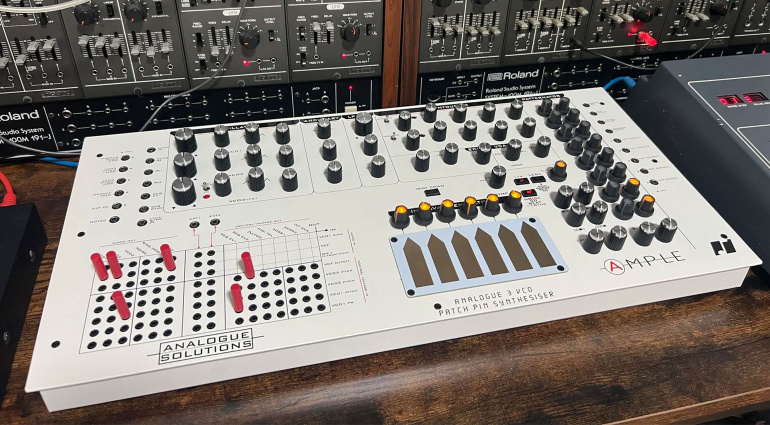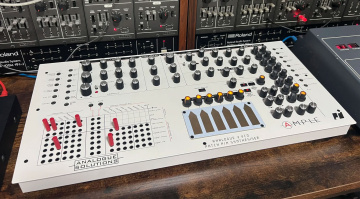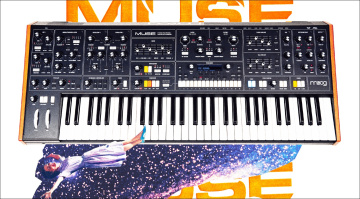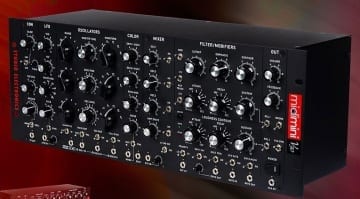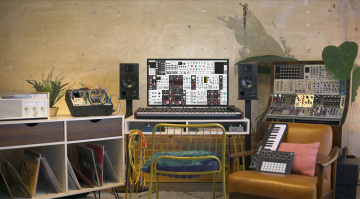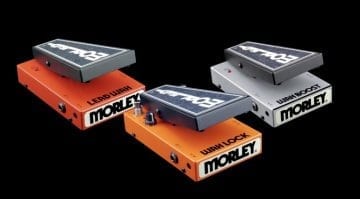7 of the Best Traditional-Style Analog Synths: Back to Basics
Stunning and musical analog synths from Dreadbox, Moog, GS Music, Studio Electronics, and more!
Revel in the gorgeous sound of pure unadulterated electricity with these traditional-style analog synths.
Traditional-Style Analog Synths
Hybrid synths are all the rage these days. While I’m the first to admit that something special can happen when you combine analog with digital, sometimes you want to go back to the basics and enjoy the pure sound of musical electricity. It’s how this whole synthesizer thing started, after all, and there are plenty of manufacturers keeping the torch for traditional-style analog synths alight.
If you’re looking for some analog inspiration, you’ve come to the right place. These are pure analog instruments (or as close as possible) and all on the market today. I’ve also tried to pick instruments for all budgets, from cheap-as-chips to think-of-it-as-an-investment.
Ready to wow your ears? Dive into this list of the best traditional-style analog synths.
Most of the products mentioned in this story are available at Thomann*.
Traditional-Style Analog Synths: Behringer 2-XM
Tom Oberheim is an analog synthesizer pioneer. He also often prioritizes quality of sound over bells and whistles, and that philosophy began with his first synthesizer, the SEM. He later combined these Synthesizer Expander Modules into two, four, and eight voice versions, creating lush and luscious analog synthesizers that are lusted after to this day.
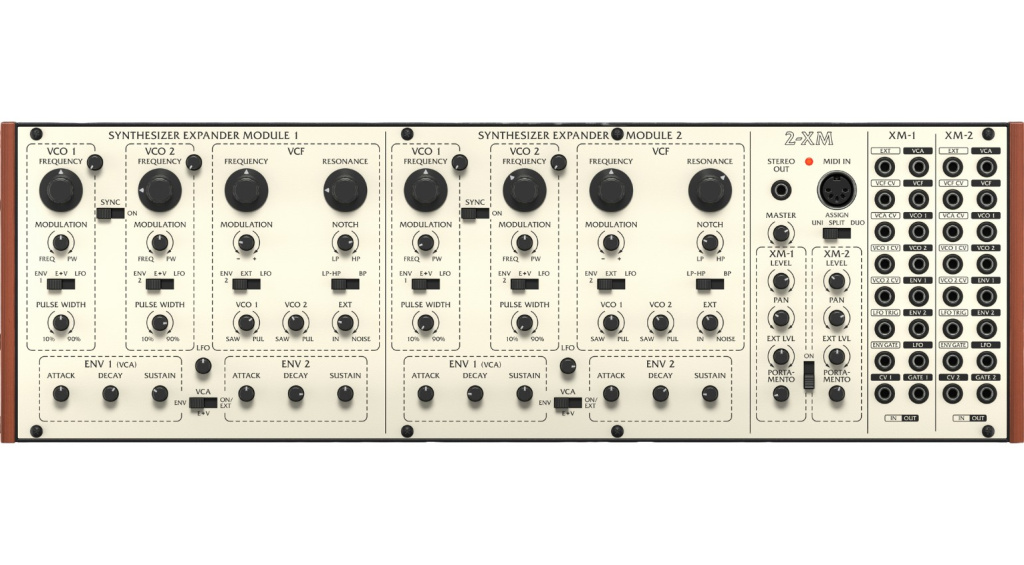
If you’d like to get a taste of the SEM but don’t have the cash to splash on an original, check out Behringer’s 2-XM. A desktop take on the Two Voice, the 2-XM is a duophonic analog poly with four oscillators, two LFOs, two ADSR envelopes, and two of the famous 2-pole state variable filter, which made its debut on the SEM. Expanding on the original (see what I did there?), Behringer has graced the synth with a patchbay, allowing for semi-modular synthesis exploration.
Traditional-Style Analog Synths: Dreadbox Erebus Reissue
I’m sure this is going to be a contentious choice. Dreadbox makes exceedingly lovely analog synths, with a wide variety of GAS-inspiring instruments currently in the roster. However, as we’re sticking with all-analog for this list – or at least analog-sounding – I’m going with the Erebus Reissue.
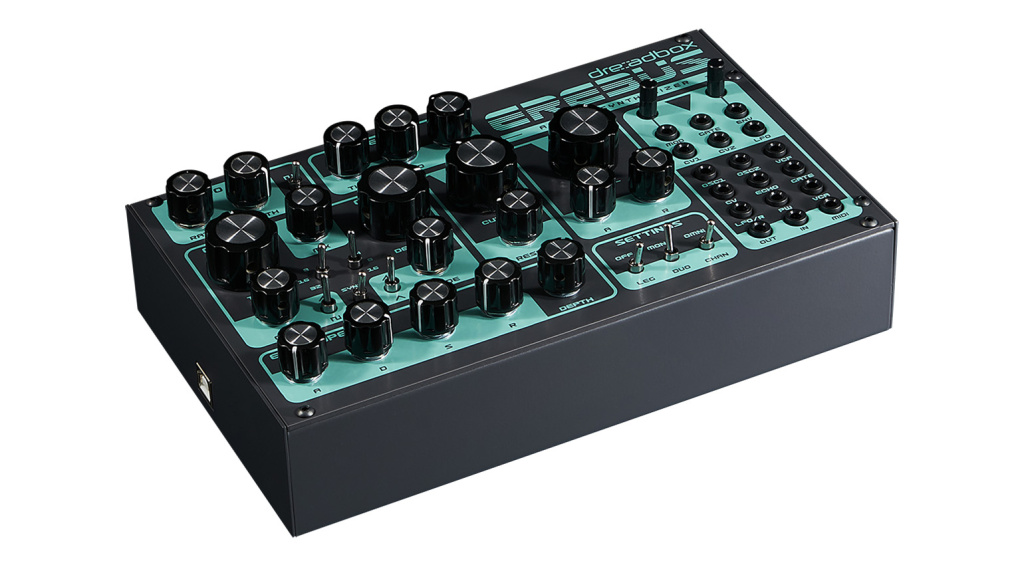
A two-oscillator, duophonic synth, the latest Erebus recreates the original with a few slight improvements. It’s got a 2-pole lowpass filter, ADSR and AR envelopes, an LFO, and a lo-fi delay effect. Yes, it’s most likely digital, but it sounds pretty analog. There’s also a semi-modular section with 18 patch points – and you can even break the unit out and drop it into your Eurorack rig.
Need something with more of a bass focus? Check out the Hades Reissue.
Traditional-Style Analog Synths: Moog Messenger
Moog is the original musical analog synthesizer manufacturer, with the Minimoog really kicking the whole shebang off. Messenger is the latest Moog mono, a back-to-basics synth with an all-analog signal path and a price tag that won’t have you wondering where all those zeros are coming from.
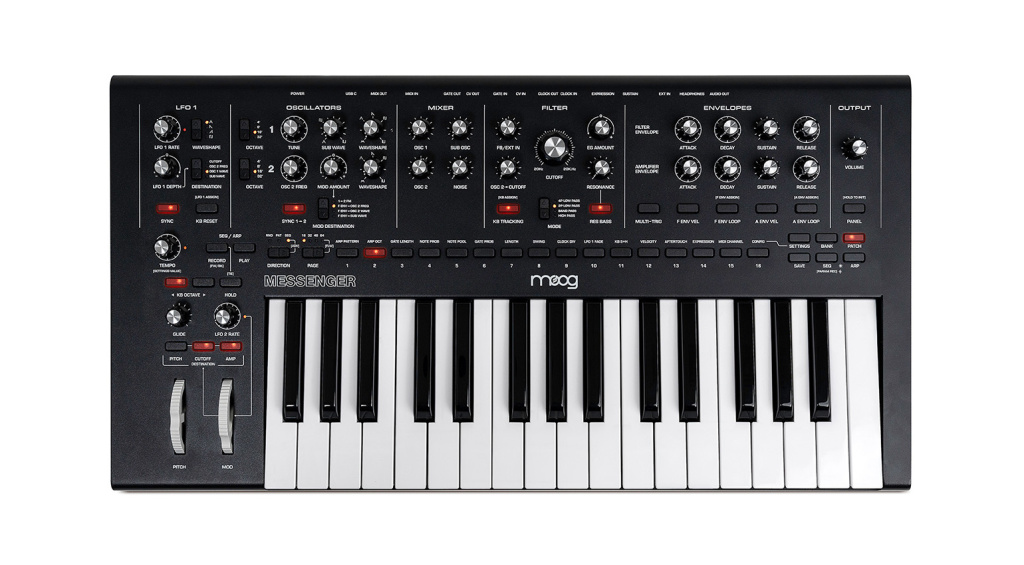
The unique selling point for the Messenger is the presence of waveshapers on the two oscillators. Originally the provenance of Buchlas, these can distort and otherwise roughen up the wave shapes before they pass through the traditional Moog Ladder filter. You also get a sub oscillator, white noise generator, two LFOs, two loopable ADSR envelopes, and a sequencer.
If the Grandmother or other Moog monos are beyond your budget, take the Messenger for a test drive.
Traditional-Style Analog Synths: Pittsburgh Modular Taiga
Moog is famous for its sound. Another company with a unique sonic footprint is Pittsburgh Modular, whose filter and oscillators are modern analog marvels. These help make the company’s Taiga synth such a beautiful beast.
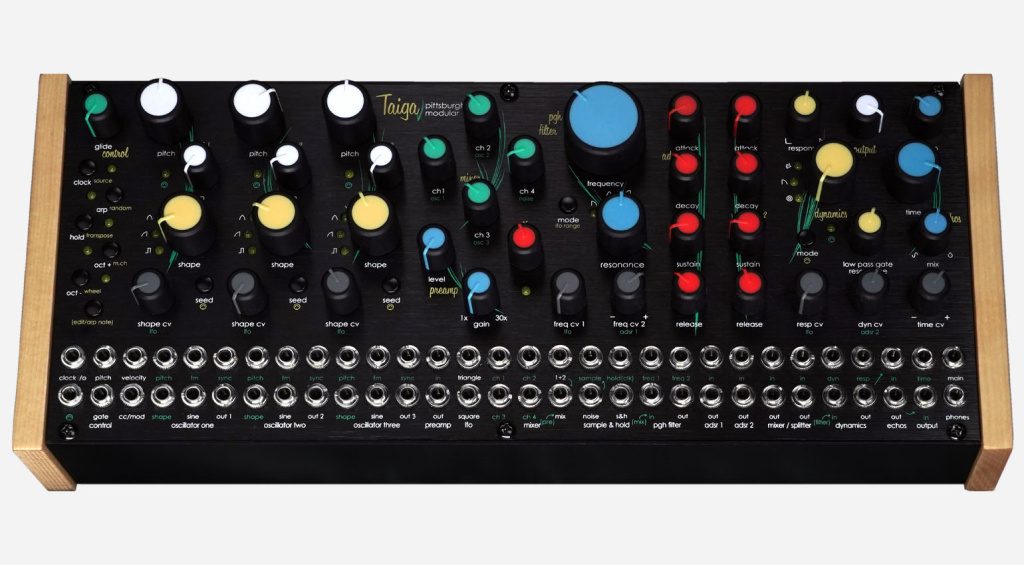
Available in desktop and keyboard versions, Taiga is a semi-modular mono with three beefy oscillators and associated waveshapers and wave folder, the famously warm and smooth filter, and the proprietary Dynamics Controller, which can act like a VCA or Buchla-style low pass gate. There’s also a bucket brigade analog delay on hand. All of this helps make Taiga sound both classic and modern.
Traditional-Style Analog Synths: GS Music Bree6
GS Music is a boutique synthesizer company based in Argentina. Its instruments have a rich analog tone that pays tribute to classic synthesizers without ever copying them. The latest to bear the GS Music name is Bree6, a six-voice poly with fully analog sound generation. Each voice features a single oscillator plus sub. The oscillator includes sawtooth and pulse waveforms, with pulse width modulation controllable by the LFO. The filter is a 4-pole ladder filter configuration. The synth also sports two ADSR envelope generators.
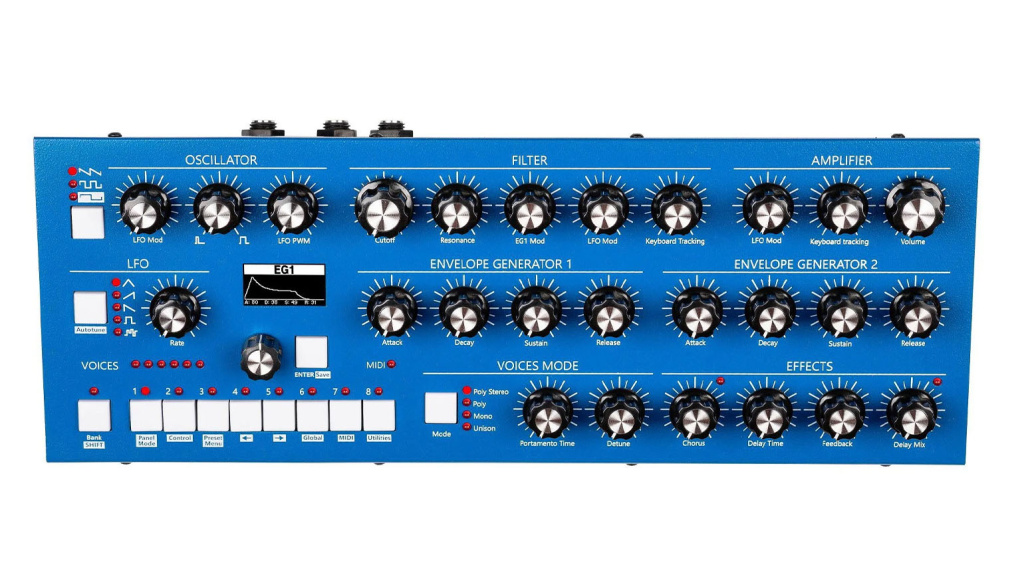
Here’s the thing: Bree6 has digital effects, a chorus, and a delay. I know I said that I’m trying to stick to all-analog signal paths for the choices in this article, but I had to make an exception because the Bree6 just sounds so GOOD. Take a listen to the video below and tell me you don’t love it. I dare you.
Level up to the e7 if you want more of everything.
Traditional-Style Analog Synths: Analogue Solutions Ample
Not every traditional-style analog synth needs to be simple. After all, some of the best-ever analogs are modular or semi-modular, like the EMS VCS3 and ARP 2600. You can also add Analogue Solutions’ Ample to that list. A monophonic desktop synth, it’s something of a greatest hits synth for the company, with bits borrowed from its own history, as well as from other famous ones.
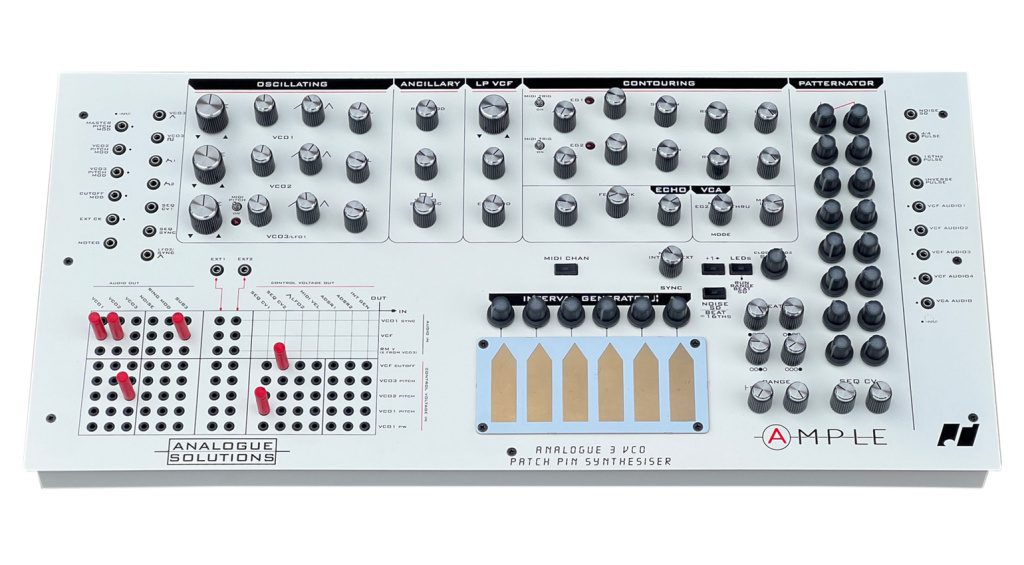
The all-analog Ample (aside from the digital MIDI chip) provides three oscillators, two LFOs, a 4-pole lowpass filter, a VCA, and two ADSR envelopes, as well as an analog 16-step sequencer, six touch keys, an analog delay, and the EMS-style pin matrix. A real analog synthesis playground, it’s capable of a wide variety of wild sounds. It also sounds gorgeous. A real treat.
Traditional-Style Analog Synths: Studio Electronics MidiMini V30
Studio Electronics is a long-running American company that got its start rackmounting instruments like the Sequential Prophet-5 and, most famously, the Moog Minimoog. SE soon developed the MidiMini, a clone of the original Minimoog in a rackmount format. Thirty years on, we now have the MidiMini V30, a modern remake with a number of extras from SE’s long history.
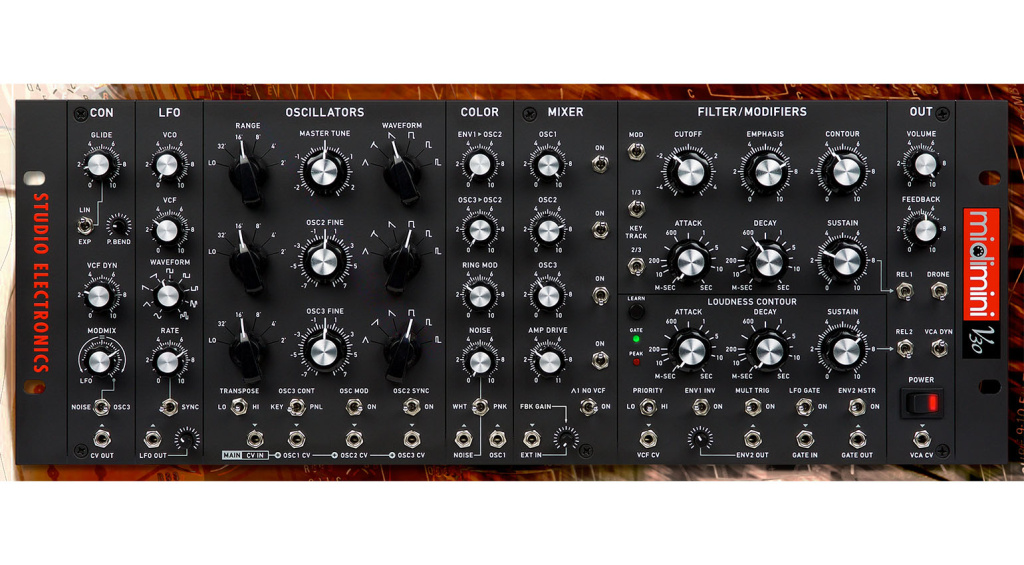
MidiMini V30 is an analog mono with three oscillators, a 4-pole Ladder filter, and other parameters inspired by the Minimoog. However, there’s a lot more than that, with ring modulation, amp saturation, overdrive, and drone from the company’s Boomstar, as well as LFO gate borrowed from the SE-02, its collaboration with Roland.
MidiMini V30 is pricey, yes, but it’s still cheaper than a new Minimoog – and it sounds just as good (at least to these ears).
More Information
*Note: This article contains advertising links that help us pay for this site. Don’t worry: the price for you will always be the same! If you buy something through these links, we will receive a small commission. Thank you for your support!

 4,2 / 5,0 |
4,2 / 5,0 | 